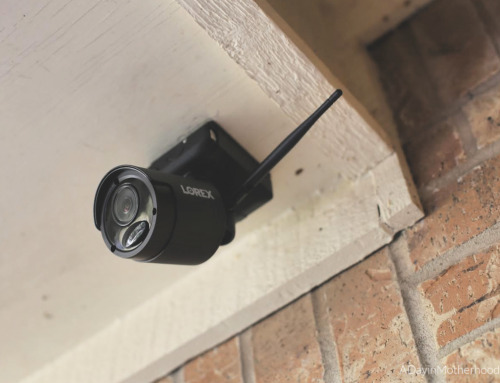There has been a lot of talk in recent years about purchasing homes. Is it the right time? What kind of loan should I get? Is it better to rent right now? And while these are all valid questions, they are just the beginning of what should be considered in home ownership!
I have purchased three homes in my life and each one taught me valuable lessons. The first home taught me that buying a smaller house in a down market can be a great thing for a healthy return on a fast turnaround. The second taught me that new and shiny is not always the best. And this home I am in now taught me that fixer-uppers need more work that you ever predict!
But before I could buy anything, I needed to know my budget. And I needed to know my REAL budget. Not my “but I have this raise coming and this job closing and this bonus expected” budget. But my real, ‘this is what I spend and have earned in the last 12 months’. I pick 12 months because that is a good barometer of your annual ups and downs, unexpected costs and your average spending habits.
Before you even get a preapproval letter from a bank, you need to know these numbers backwards and forwards! Use a handy calculator like the one below to help you be honest with yourself!
Once you know your REAL budget, cut 10% off and that is what you have to spend on a house. Because a house is more than a mortgage payment. It is home owners insurance, upkeep, broken faucets and so much more!
Speaking of Home Owners Insurance, you should research that before you buy too. Older houses cost more than newer ones – it could be 1000’s more – two stories are more than one stories. Homes on cul-de-sac are less than corner lots in some areas. And so on.
In fact, as you are excitedly running in and out of open houses, placing your furniture where you want it in your head, dreaming of babies rooms, be aware too of 10 Things Open Houses Don’t Tell You! This article will help you know what to look for underneath that could add to your insurance expense!
So before you go house hunting, make sure you are honest about your budget and know the hidden costs that sometimes are forgotten. And then be cautious when looking around. The smarter you are, the more you will be comfortable in the house that you buy!
**This is a Guest Post by Genworth Financial. All writing and opinions are my own. Please see my Disclosure Statement for more information.**







Leave A Comment